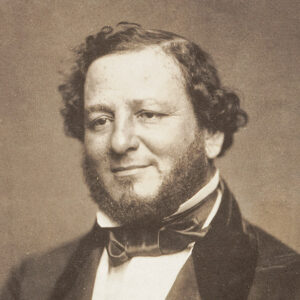 Judah P. Benjamin
Judah P. Benjamin
Entry Category: Government and Politics
 Judah P. Benjamin
Judah P. Benjamin
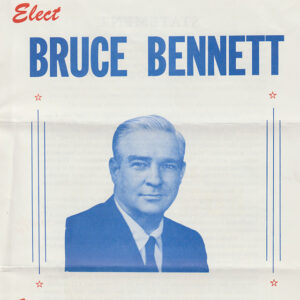 Bennett Campaign Flyer
Bennett Campaign Flyer
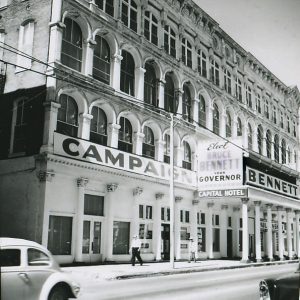 Bennett Campaign Headquarters
Bennett Campaign Headquarters
Bennett, Bruce
Bennett, Henry Garland
Benson, George Stuart
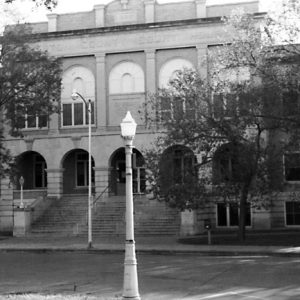 Benton County Courthouse
Benton County Courthouse
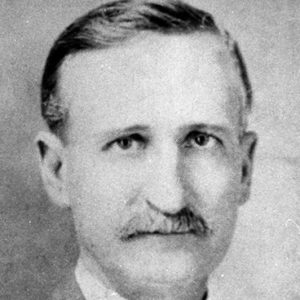 William Clark Benton
William Clark Benton
 Berry Campaigning
Berry Campaigning
Berry, James Henderson
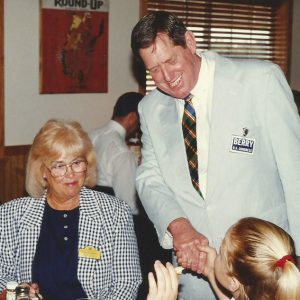 Marion Berry
Marion Berry
Berry, Marion
 Berryville Post Office Art
Berryville Post Office Art
 Bethune Family Christmas Card
Bethune Family Christmas Card
Bethune, Edwin Ruthvin (Ed), Jr.
Biffle, Leslie L.
Big Lake Wars
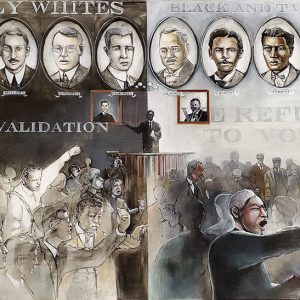 Black and Tan Republicans
Black and Tan Republicans
Black and Tan Republicans
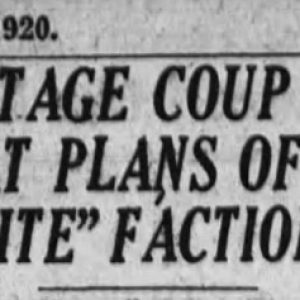 Black and Tan Republicans Article
Black and Tan Republicans Article
Black Power Movement
Black, Pickens W., Sr.
Blackwood, Dwight Hale
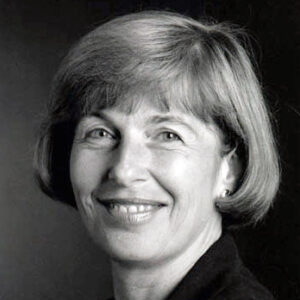 Diane Blair
Diane Blair
Blair, Diane Frances Divers Kincaid
Blair, Peggy O’Neil Long Hartness
Bliss, Calvin Comins
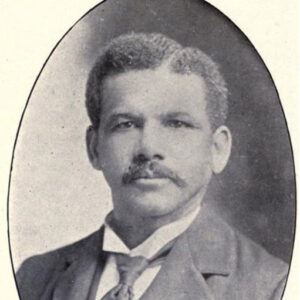 Josiah H. Blount
Josiah H. Blount
Blount, Josiah Homer
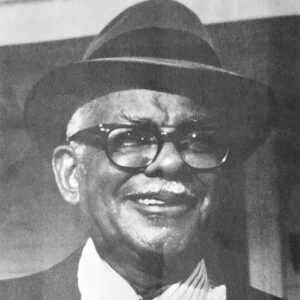 Scott Bond Blount
Scott Bond Blount
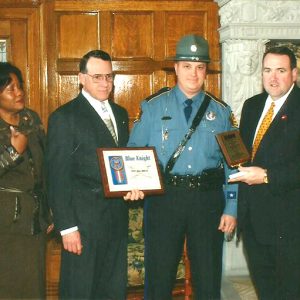 Blue Knight Award
Blue Knight Award
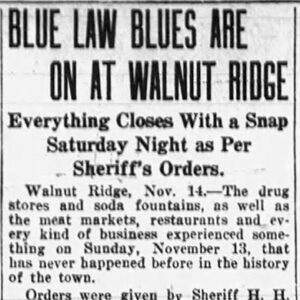 Blue Law Closings
Blue Law Closings
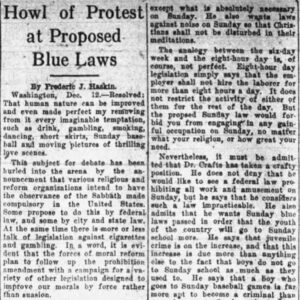 Blue Laws
Blue Laws
Blue Laws
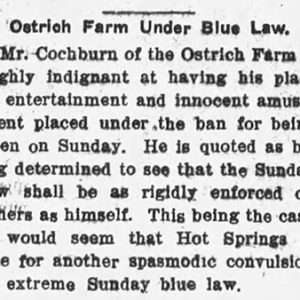 Blue Laws Article
Blue Laws Article
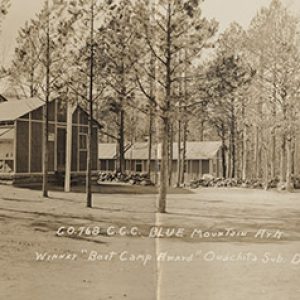 Blue Mountain CCC
Blue Mountain CCC
Bohlinger, Neill
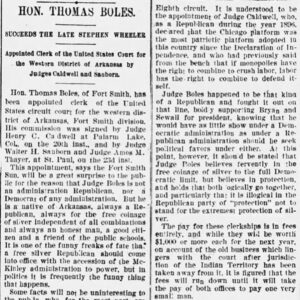 Boles Appointment
Boles Appointment
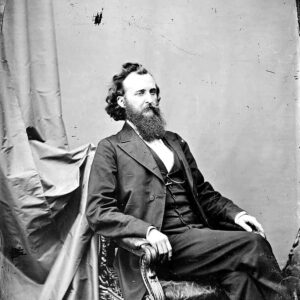 Thomas Boles
Thomas Boles
Boles, Thomas
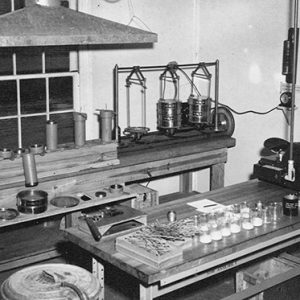 Testing Equipment
Testing Equipment
Bond, Patricia Lee Parker (Pat)
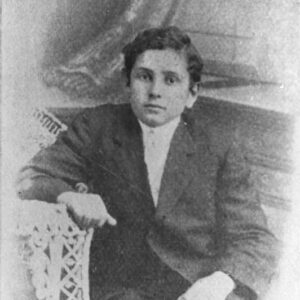 Ulysses Bond
Ulysses Bond
Bond, Ulysses Simpson (U. S.)
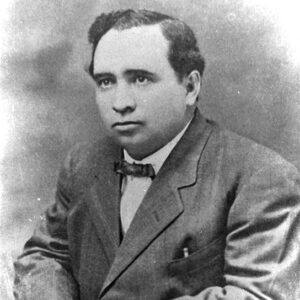 Waverly Bond
Waverly Bond
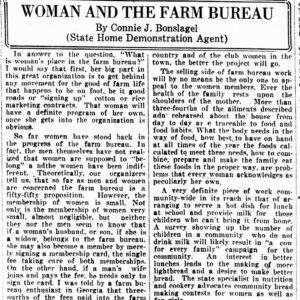 Connie Bonslagel Editorial
Connie Bonslagel Editorial
 Connie Bonslagel Article
Connie Bonslagel Article
Bonslagel, Constance Josephine (Connie)
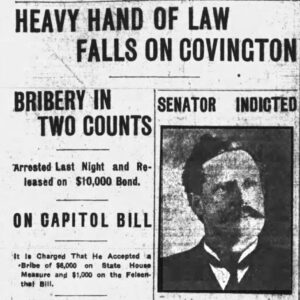 Boodle Indictment of Covington
Boodle Indictment of Covington
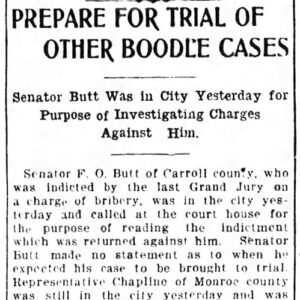 Boodle Indictment of Butt
Boodle Indictment of Butt




